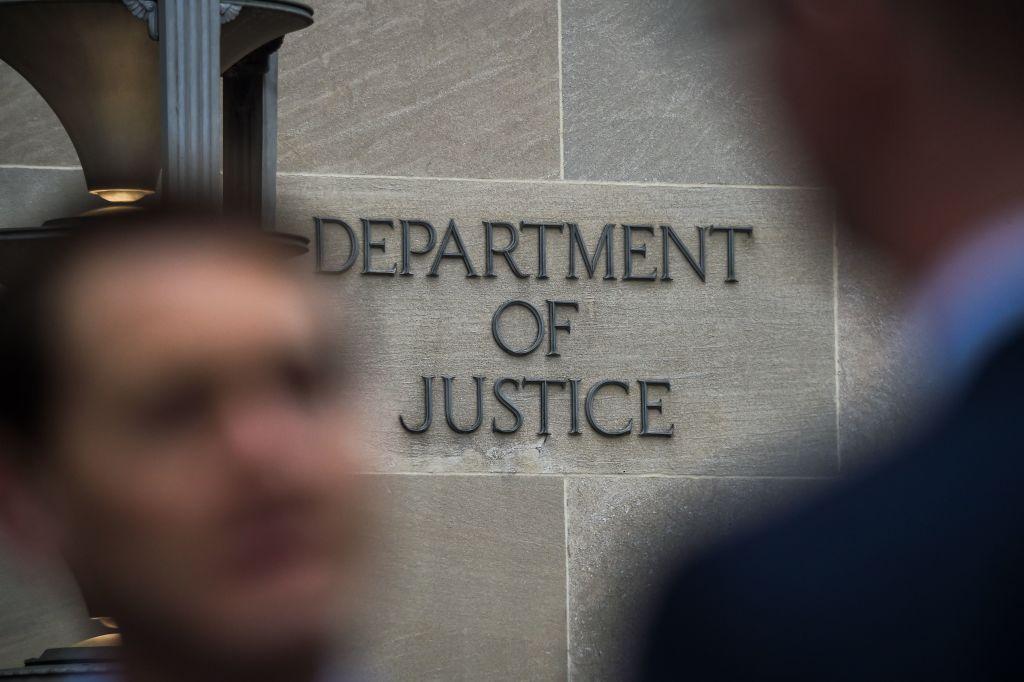Two Chinese nationals were charged for allegedly participating in a sophisticated stock manipulation scheme to amass millions, federal prosecutors in Boston announced on Oct. 15.
Wang Xiaosong, 31, and Wang Jiali, 41, both Chinese citizens, face one count of conspiracy for committing securities fraud. The criminal complaint said that the two conspired with others in a coordinated market manipulation conspiracy, known as spoofing, and “artificially influence the prices of publicly traded stocks” to create the false impression that some particular stocks are popular, thus profiting off the price fluctuations.





